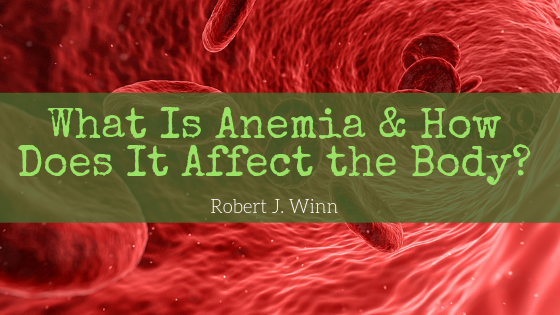Anemia occurs when your body doesn’t produce enough healthy red blood cells which are needed to carry oxygen from your lungs throughout your body. As a result, it can cause shortness of breath, fatigue, and weakness. Anemia is a common health issue, but that doesn’t mean it isn’t dangerous. It can be a sign of other serious conditions and can even be fatal if left untreated. If you’re anemic, here’s what you need to know.
Types
Anemia is most commonly caused by an iron deficiency; however, there are other types of anemia. The cause of the anemia determines the type of anemia.
The most common type of anemia is caused by a shortage of iron in the body. This is called iron deficiency anemia. Without iron, your bone marrow can’t make enough hemoglobin for red blood cells. Women can develop iron deficiency anemia during pregnancy. Other causes can include regular use of certain pain relievers, heavy menstrual bleeding, cancer, and ulcers.
Iron isn’t the only thing your body needs to produce sufficient healthy red blood cells; it also requires vitamin B-12 and folate. Without enough of these critical nutrients, can result in vitamin deficiency anemia, also known as pernicious anemia. The lack of B-12 and folate can be due to a diet lacking in these nutrients or a person’s body being unable to process B-12.
Certain diseases or infections can cause other types of anemia. Chronic inflammatory problems such as Crohn’s disease and rheumatoid arthritis, as well as cancer, HIV/AIDS, and kidney disease can all interfere with red blood cell production. Aplastic anemia can be caused by certain medications, autoimmune diseases, exposure to toxic chemicals, and infections. Anemia that occurs as a result of the destruction of red blood cells faster than the bone marrow can replace them is called hemolytic anemia which can be passed hereditarily or developed later in life. One type of hemolytic anemia that can be inherited is sickle cell anemia. This chronic condition is caused by irregularly shaped red blood cells, which die at a faster rate than new ones can be produced.
Symptoms
A lack of or decrease in the number of red blood cells in the body means that less oxygen is available for cells. Mild anemia may go unnoticed, but when it becomes more severe, several symptoms can occur.
Typical symptoms of anemia are:
- Dizziness
- Headaches
- Shortness of breath
- Weakness
- Fatigue
- Yellow or pale skin
- Brittle nails and hair loss
- Cold hands and feet
- Fast heartbeat
- Restless legs syndrome (urge to move legs while at rest)
- Pica (desire to eat things that aren’t food such as clay, dirt, ice, or starch)
- Sore and swollen tongue
If you experience any of these symptoms, it’s essential to see your doctor as they may be signs of anemia or other conditions. Your doctor can make a diagnosis and ensure you get proper treatment.
Diagnosis & Treatment
A complete blood count (CBC) blood test is the most common means of diagnosing anemia. A CBC blood test measures various components of the blood, including hemoglobin and hematocrit levels. Anemia is likely if the hemoglobin, hematocrit, and red blood cell levels are below normal.
Along with a CBC, your doctor will likely ask you about:
- Your personal health history
- Family health history
- Any digestive system issues you have, including whether you’ve noticed blood in your stool.
- The foods you eat
- Medications you take
And for women, your doctor may inquire about the regularity and heaviness of your menstrual periods.
The treatment options for anemia typically depend on the type of anemia diagnosed. For nutritional anemias such as iron or vitamin deficiency, dietary supplements, or dietary changes may be recommended. The doctor may want to investigate further and treat any possible underlying causes such as internal blood loss or chronic disease. With aplastic anemia, the doctor may order a bone marrow biopsy to determine why the marrow isn’t producing enough red blood cells. In some cases, the doctor may prescribe a medication to stimulate your bone marrow into producing more red blood cells or a transfusion.
While anemia may not be preventable, ensuring a healthy diet and lifestyle goes a long way. If you are concerned about anemia, be sure to speak with your doctor about your concerns.

